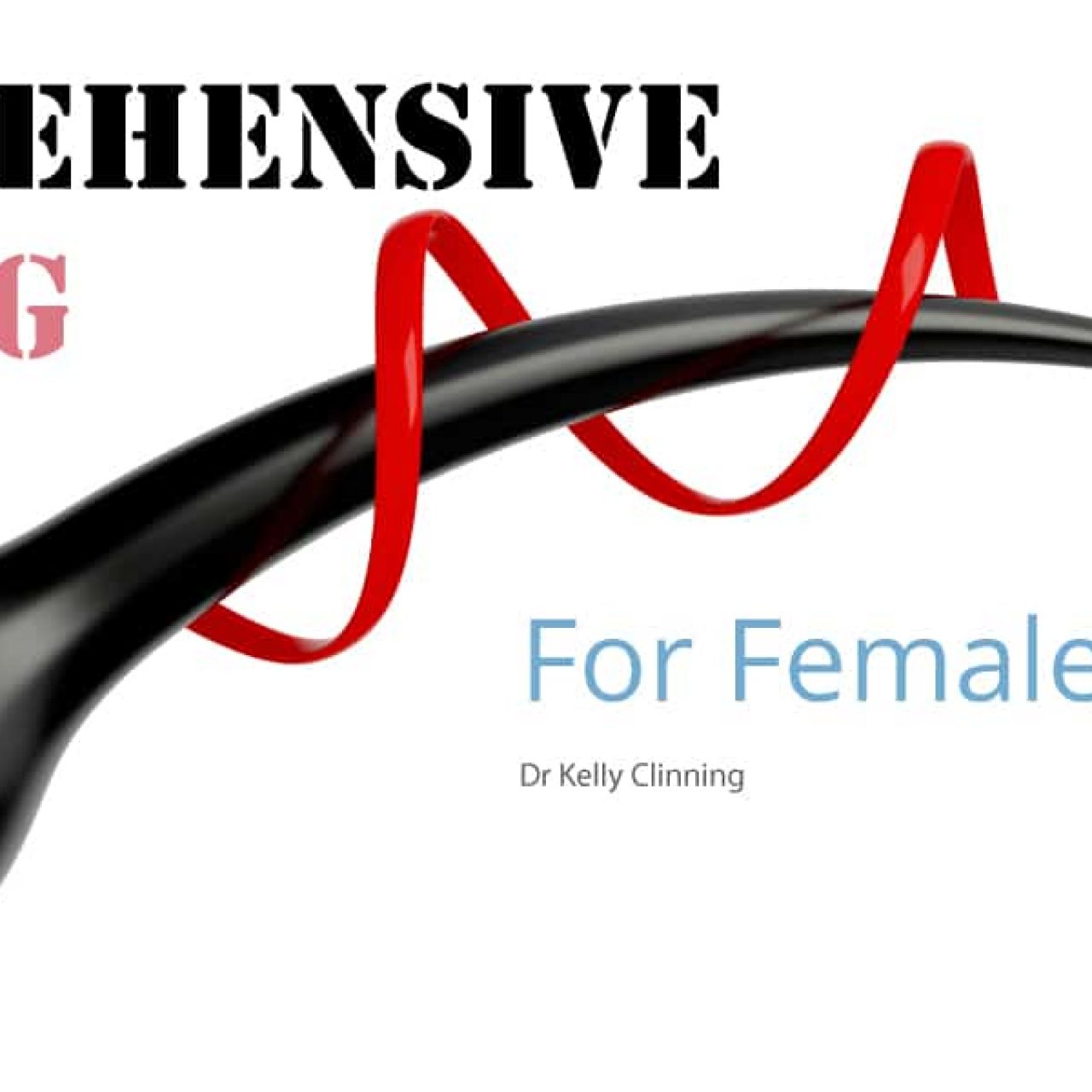Comprehensive Testing for Female Hair Loss
Any woman who has experienced hair loss knows how stressful it can be. After all, seeing your hair come out in clumps every time you brush or shower can be extremely distressing. There are many different causes of hair loss, and there’s only one way to stop the fall and start the regrowth process. This is to identify the cause in your case and address it.
In some cases, the cause is obvious. That said, in most cases, additional testing needs to be done to identify the main driver. Here is a list of comprehensive testing to investigate the cause of your hair loss.

Testing for Hair Loss
Iron Levels (CBC and Ferritin)
Low iron levels commonly cause female hair loss. Ferritin (the storage form of iron) should be over 60 to stop hair fall. If you also experience heavy periods, shortness of breath, and fatigue, you will want to get these values tested.
Thyroid Health (TSH, fT3, fT4)
These three blood markers assess how your thyroid is functioning. Low-functioning thyroid, known as hypothyroidism, is a common cause of hair loss in women. If you’re also experiencing dry and brittle hair, fatigue, brain fog, weight gain, and constipation you should get your thyroid function assessed.
Androgen Levels (Androstenedione, Testosterone, DHEAs, DHT)
All of these are androgens, commonly known as “male hormones”, although all women have androgens. They just have them in smaller amounts than men. Higher levels of androgens cause hair loss that usually shows as a spreading of the midline hair part. Androgen-driven hair loss is also associated with an oily scalp.
Other symptoms of higher androgens include jawline acne and dark hair growth under the chin. This type of hair loss is very common in PCOS. If you have irregular menstrual cycles AND hair loss, you will want to have these tests run.
Related post: Female Pattern Hair Loss and the Hair Microbiome
Assess Stress (Cortisol)
Cortisol is famously known as the “stress hormone”. If cortisol is high, this can cause hair loss all over the head—sometimes moreso on the temples and sides. There are many ways to test cortisol. The most accurate is a 4-point salivary cortisol test. If you’re experiencing chronic or intense stress as well as hair thinning, get your cortisol tested!
Female Hormones (Estrogen and Progesterone)
Hair loves these two hormones, which is one of the reasons why pregnant women experience such full and healthy hair growth. If either is low, particularly estrogen, hair thinning can ensue. Many women experience postmenopausal hair loss due to the lowering of these two hormones.
If you’re experiencing other hormonal symptoms, such as hot flashes or sporadic menstrual cycles, have these hormone levels investigated. Note that estrogen and progesterone change throughout your cycle so the day you test is very important.

Key Takeaways
- Hair loss has many causes, and comprehensive testing may be required to identify the cause in your body
- Comprehensive testing should look at your iron stores, thyroid function, and stress response as well as the balance of male and female hormones
- Not everyone will need all tests run, so talk to your ND to determine where you should start to investigate
Next Steps
If you enjoy podcasts, check out Dr. Fiona’s podcast on Natural Solutions for Thinning Hair.
Depending on your history and the way your hair loss presents, you may not need all of these tests run!
Our approach involves a detailed clinical history and/or review of past testing, allowing us to determine causes of hair loss.
If you’re in Ontario and are ready to get a naturopathic perspective, you can book an appointment with one of our Naturopathic Doctors at the White Lotus clinic here. We have helped many patients with hair loss with a natural approach that addresses the often multiple factors involved in each case.




